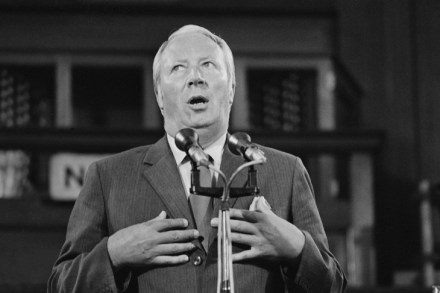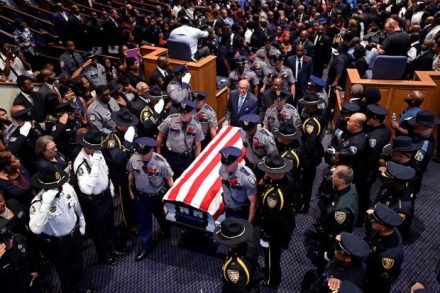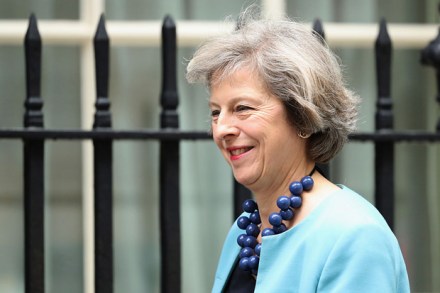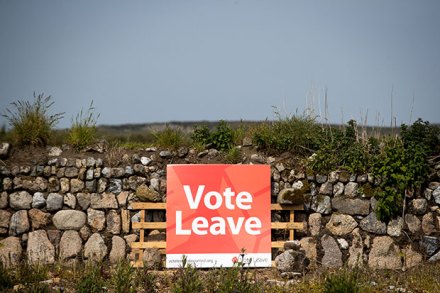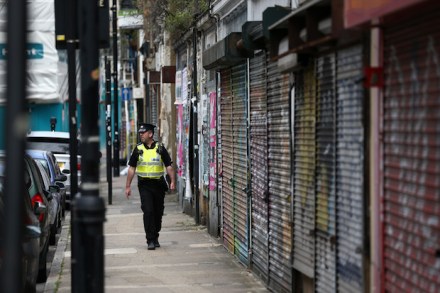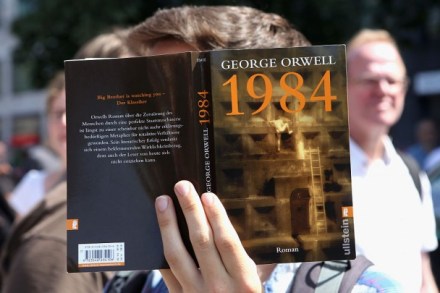Excusing a huge group of paedophiles isn't the answer to tackling child abuse
Chief Constable Simon Bailey, who heads Operation Hydrant, the police investigation of ‘non-recent’ child abuse cases, now says that paedophiles who view images of child abuse should not be prosecuted, because police cannot cope with the numbers involved. Mr Bailey is wedded to the doctrine that someone who says he is an abuse victim must automatically be believed. The result, said Sir Richard Henriques in his scathing report on Operation Midland, is that the criminal justice system totters: ‘Chief Constable Bailey’s argument ignores the consequences of false terminology.’ Another consequence is that the child abuse statistics, unchecked, explode. Mr Bailey will not admit his error and so, in order to



